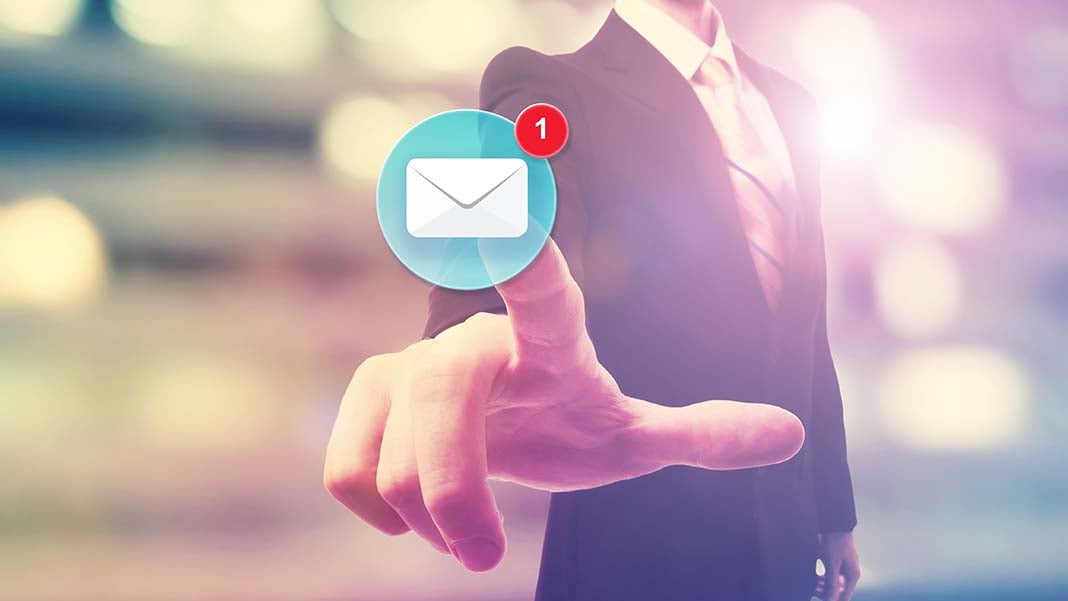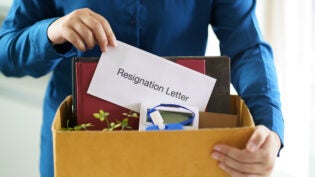
The drive toward complex technical achievement offers a clue to why the U.S. is good at space gadgetry and bad at slum problems.
~John Kenneth Galbraith
Email is one of those things you can both love and hate. Regardless of how you feel about it, the reality is you must deal with it each and every day—unless, of course, you are unplugged and on vacation.
I hear so many people at all levels and in all kinds of positions talking about how much time they have to spend on email and how it keeps them from doing other tasks they feel are more important. At my seminars, I occasionally ask participants to tell me what their least favorite thing is at work. Mostly I am talking to managers, so you might think they would say their least favorite thing is letting an employee go or something along those lines. Not so. More often than not, they say email.
Clearly, email is a problem shared by many, and it is important we get a handle on our inboxes. One way to do this is simply to reduce the number of emails you send.
Typically, when you write an email, someone else is going to have to respond. Then you will have to respond back. Sometimes you can avoid this whole exchange just by picking up the phone instead and leaving a voice mail.
Email is not always going to be the best way to get the information you need. You have to use judgment to determine when you can be more productive another way.
You must also use judgment to determine what information is critical and who really needs to see it before you send out an email. So often we send emails because we think we need to tell people certain things, but in reality, the information is not critical, or even worse; you are copying people who do not want the information at all. For example, maybe everyone should see weekly sales reports, but daily reports are not as important. Why not eliminate the daily email then?
Related Article: How to Write Emails That Will Be Read
Bottom line is when you send out fewer emails; you will have fewer to respond to. The first step to managing the size of your inbox is being more discerning about the emails you initiate.
One of the worst habits I see is constantly checking email. If you are always stopping to check your email, you are allowing it to become an interruption, and interruptions increase stress and reduce productivity.
One way to find balance here is to establish times that you check and reply to your email. Obviously, you have to do what is appropriate for your situation, but for most work environments, three to four times a day is more than enough.
I know this will be hard for some people, but remember, there is no law that says you have to respond to an email the instant you receive it. Most people do not expect an immediate response anyway.
Limiting the length of your emails is another suggestion. Try to keep them to two paragraphs or less. Most people, especially the Gen Y group, lose their ability to focus very quickly; so long emails are a challenge. It will also help if you make sure each of your emails addresses only one primary point.
In addition to focusing on one issue per email, you should also use clear and succinct language in your messages. Steer clear of feelings, as they are hard (impossible, really) to express in emails.
Emails were never meant to be great masterpieces of literature. Rather, they were meant to be short and to the point. I know when I write a short email, I normally get a response much quicker than when I write a longer diatribe.
Finally, you must respond to every email sent to you directly in a timely manner. To do otherwise is plain rude in my mind. Understandably, there will be times when you cannot respond for a number of reasons. In those cases, you must reply and let the person know you got their email and that you are waiting to hear back from another person, etc. If you do not reply at all, people frequently think the email did not go through.
You can be more productive by learning how to be effective with your email.
You can do this!
2300 Views












